For the weeks since the coronavirus crisis has plagued the United States, the nation has been told the simplest thing a person can do to help is to just stay home.
Some people insist on doing more. Two members of the Wildkat community are working on handmade masks for medical personnel and the rest of the community.
Tammy Seiter graduated in 1988 and now runs Carli’s Closet with her daughter. The business specializes in creating nap mats, kinder mat covers, personalized pillows and blankets.They are now using all the extra fabric they have to make face masks.
“We have a small sewing shop so we already have fabrics on hand,” Seiter said. “We have averaged 70-90 masks per day and our typical work day is from 8-5.”
Riley Norris, a 2019 graduate, has also been making masks using extra fabric from her mom who is a quilter.
“We’ve been using fabric from our personal stash to make the masks that we couldn’t figure out what to do with until now,” Norris said. “Since Sunday we’ve made over 344 with orders still coming in, and we’ve spent about 80 hours in the last week making them.”
Medical workers have always been essential to the community, but now the fate of the country and the world lies in their hands, and they don’t have all the equipment they need.
“When we heard our healthcare workers needed masks we knew we needed to make and donate them,” Seiter said. “We are super proud that our small shop has been able to provide 700 face masks to our awesome medical community.”
The CDC has said it’s important that everyone wears some kind of masks over their face when in public, not just doctors and nurses.
“My mom made a post on Facebook about being able to make the masks, and it blew up,” Norris said. “We are doing our best to get them to healthcare workers, immunocompromised people and low priority or non essential people who don’t have access to masks now.”
Editor’s note: According to CDC.com, the use of simple cloth face coverings could slow the spread of the virus and help people who may have the virus and do not know it from transmitting it to others. Cloth face coverings fashioned from household items or made at home from common materials at low cost can be used as an additional, voluntary public health measure.
For info on how to make your own mask out of items you have around the house go to https://www.cdc.gov/coronavirus/2019-ncov/downloads/DIY-cloth-face-covering-instructions.pdf



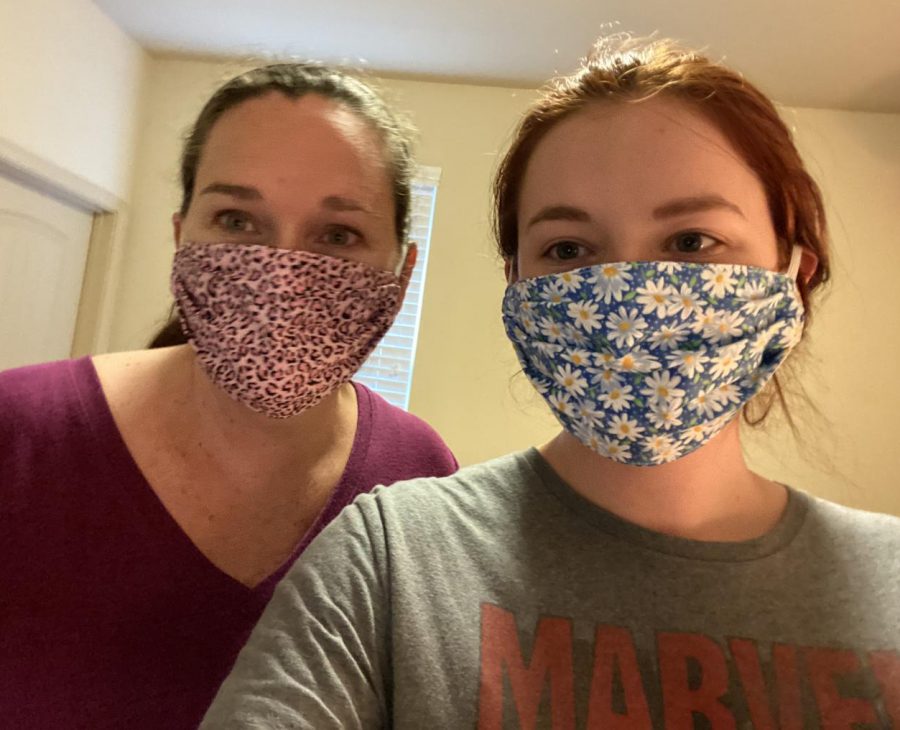
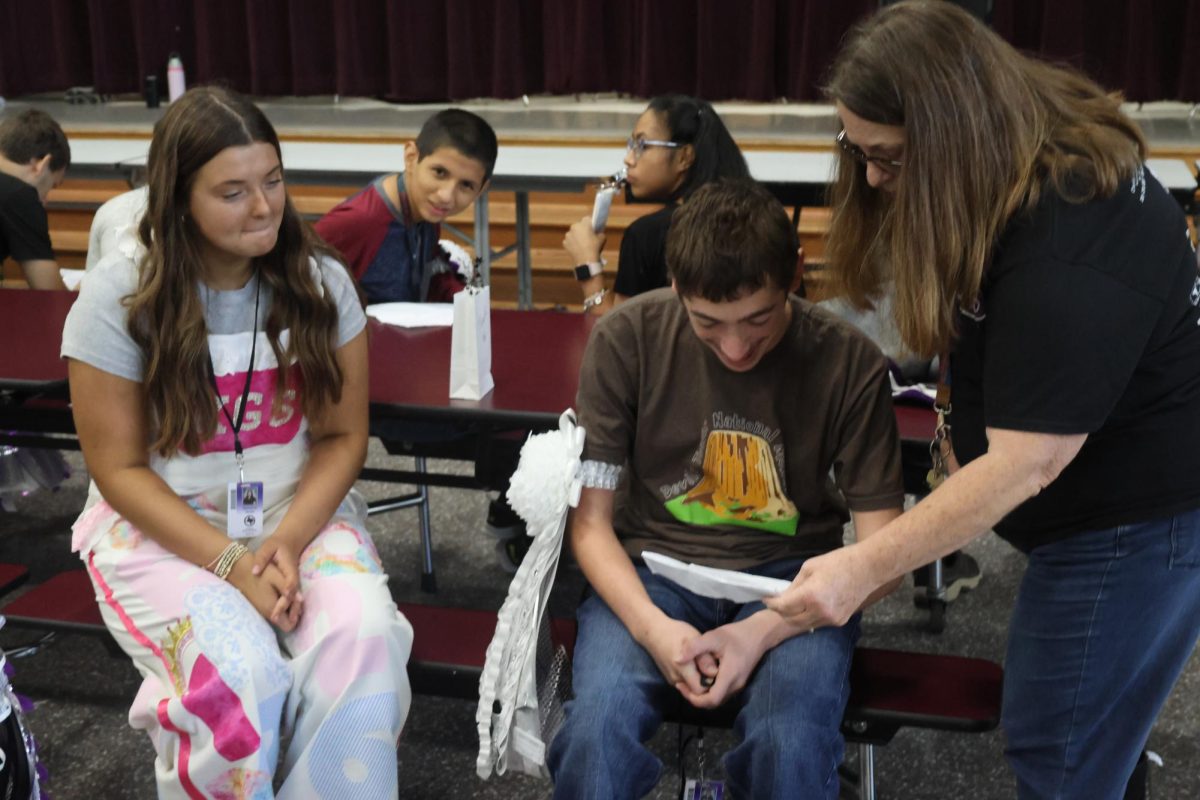
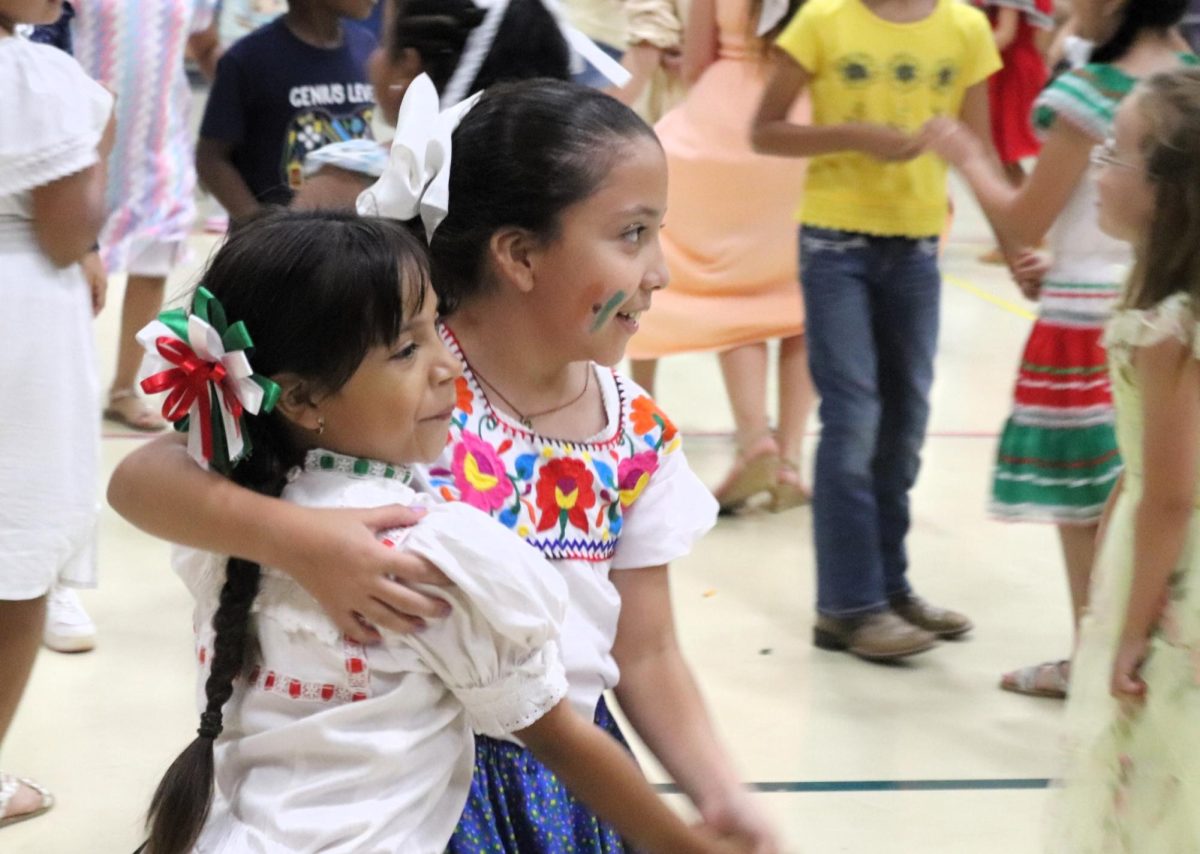
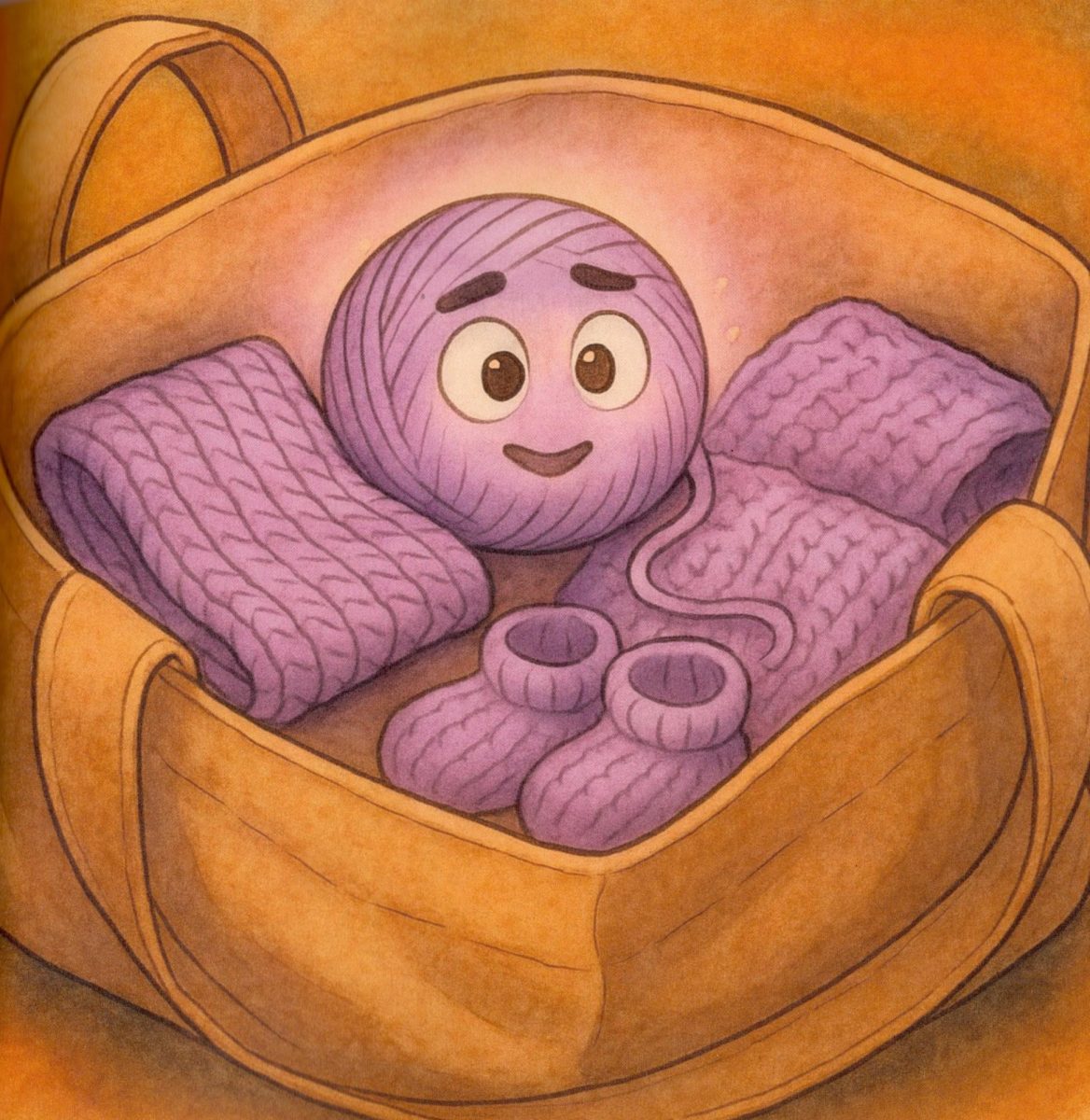
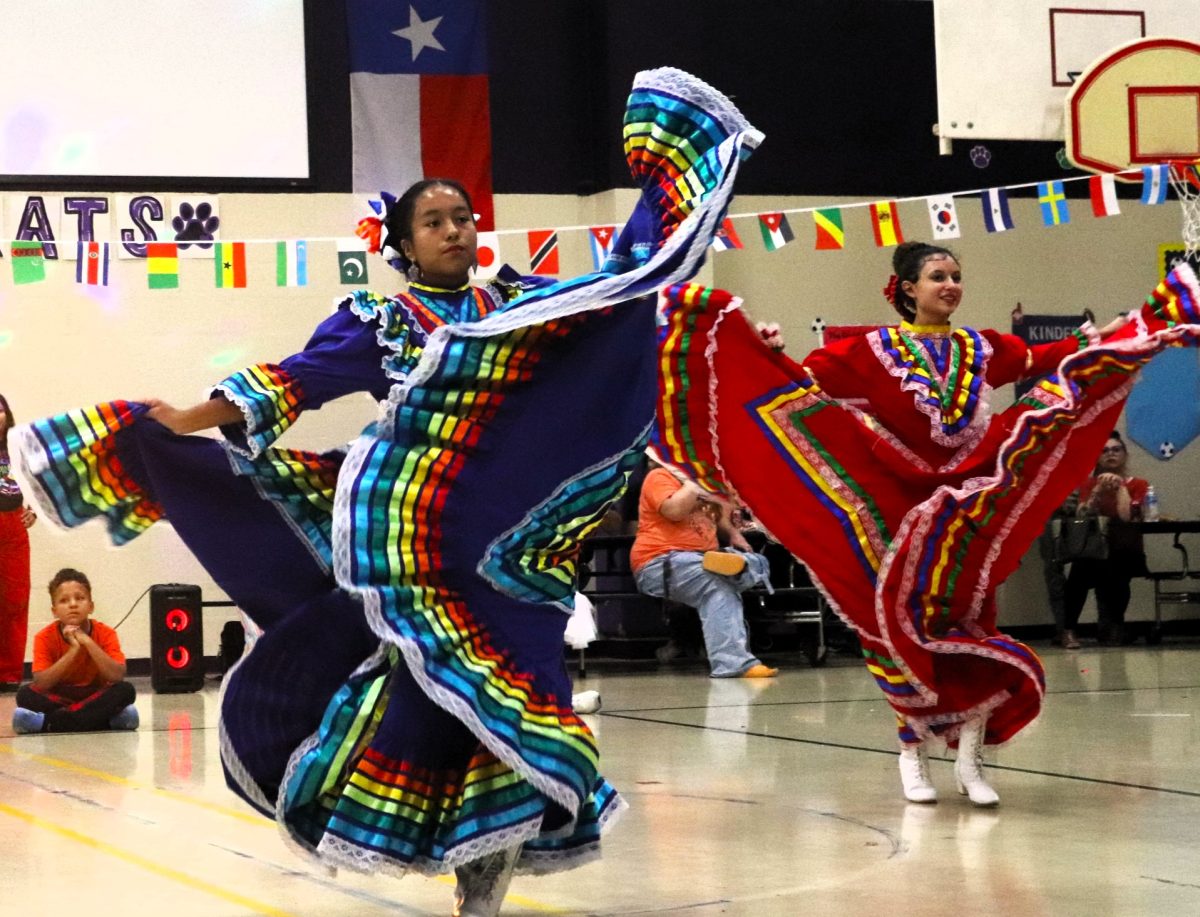

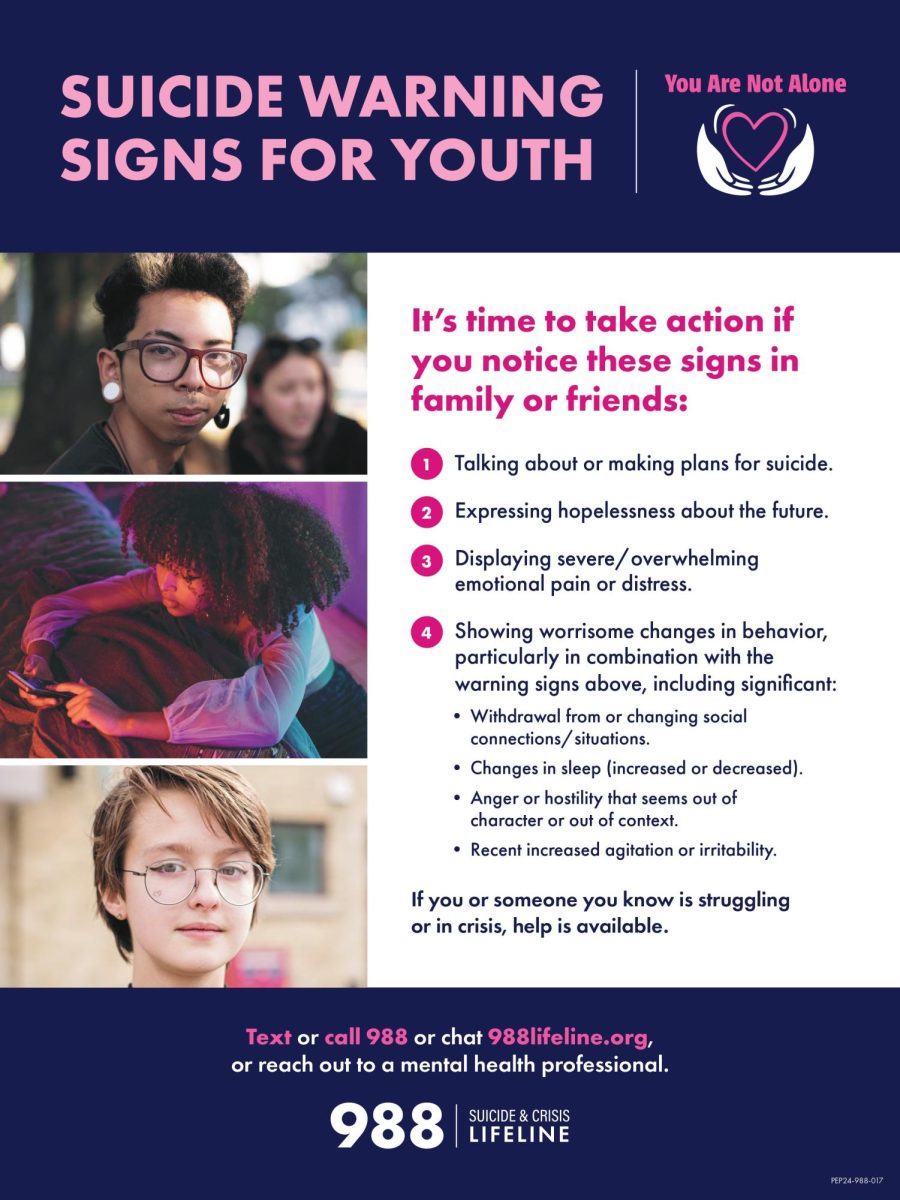



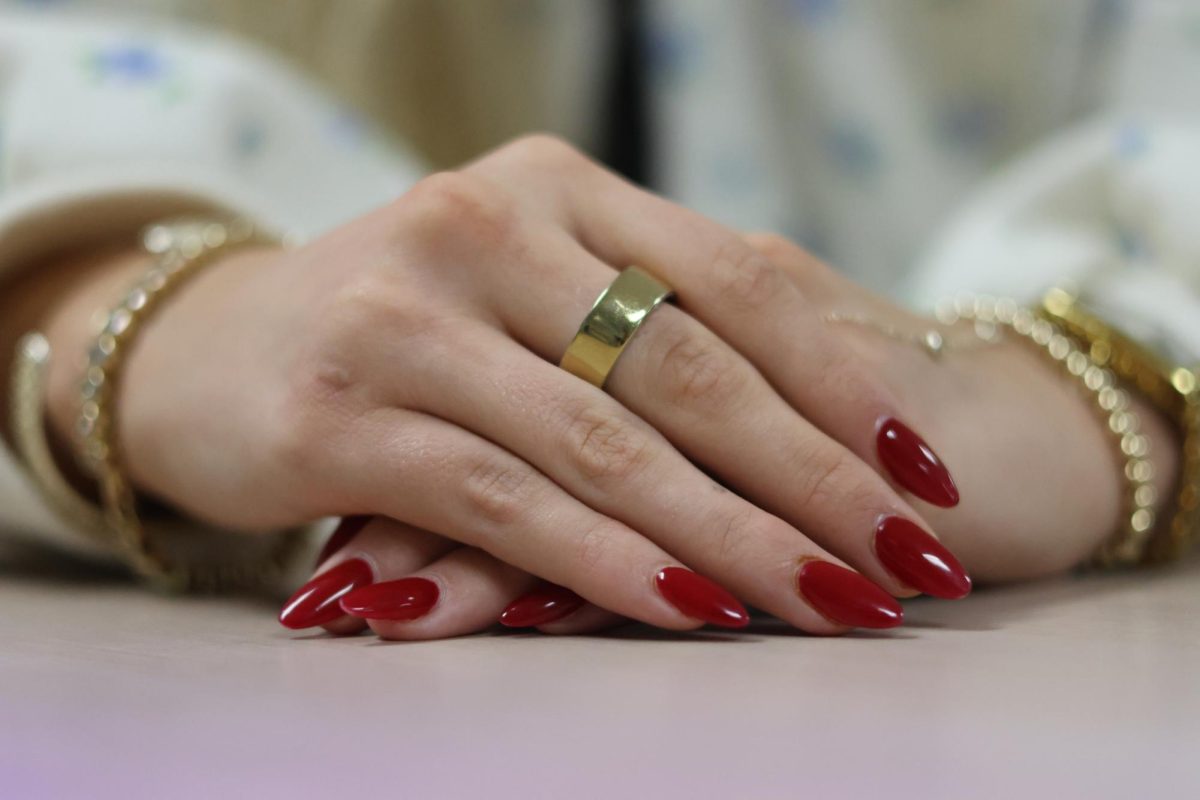


Linda Irvine • Apr 7, 2020 at 9:59 AM
Thank you Summer for not only an informative article about what people in our Willis Community are doing to make a difference but also for an uplifting article when most of the news seems to be depressing. I enjoy your articles! Keep writing